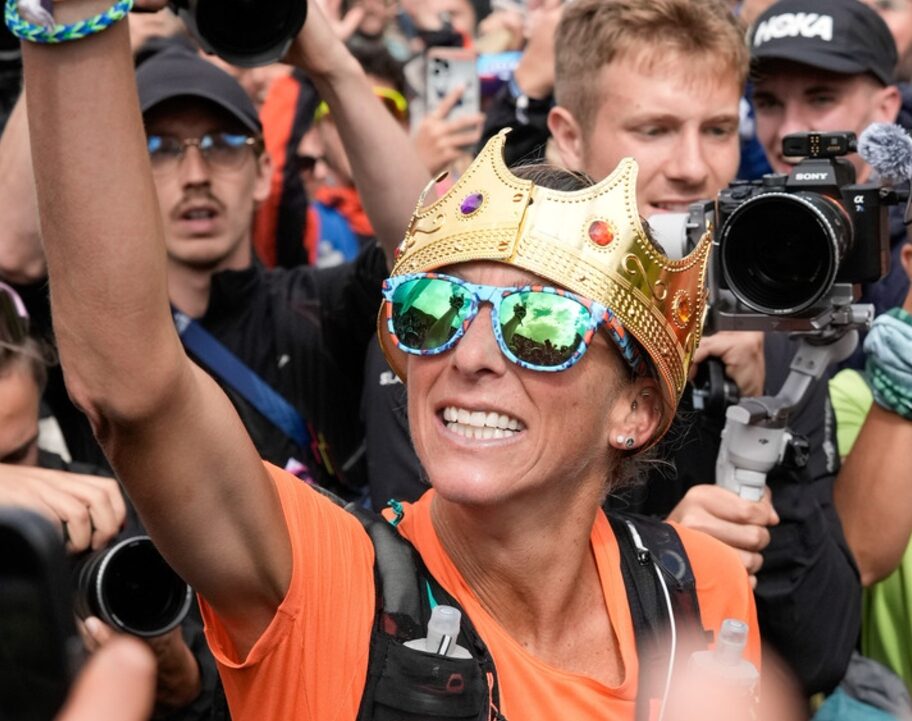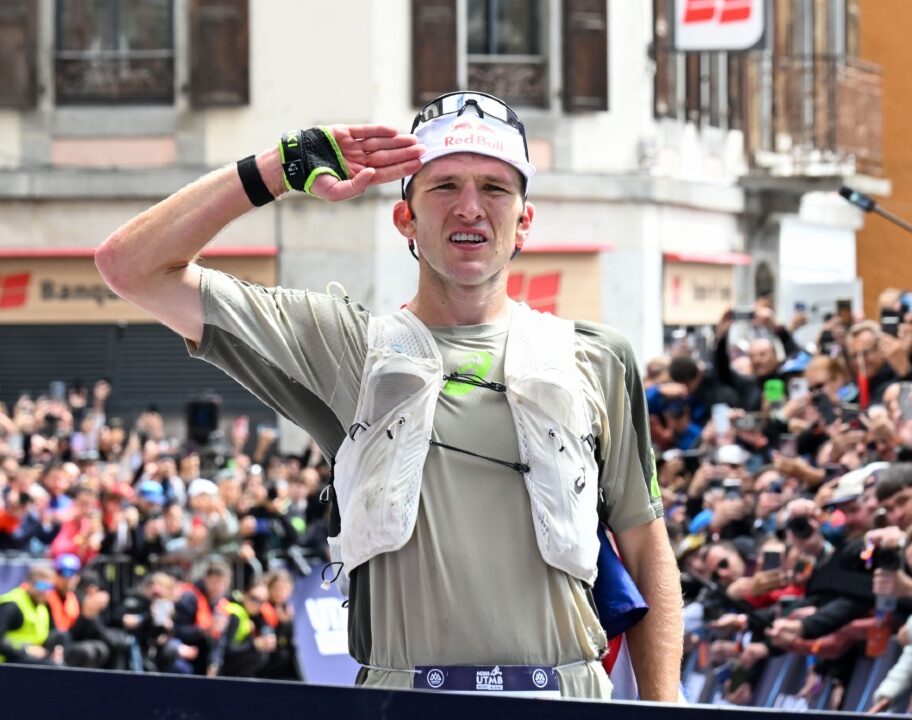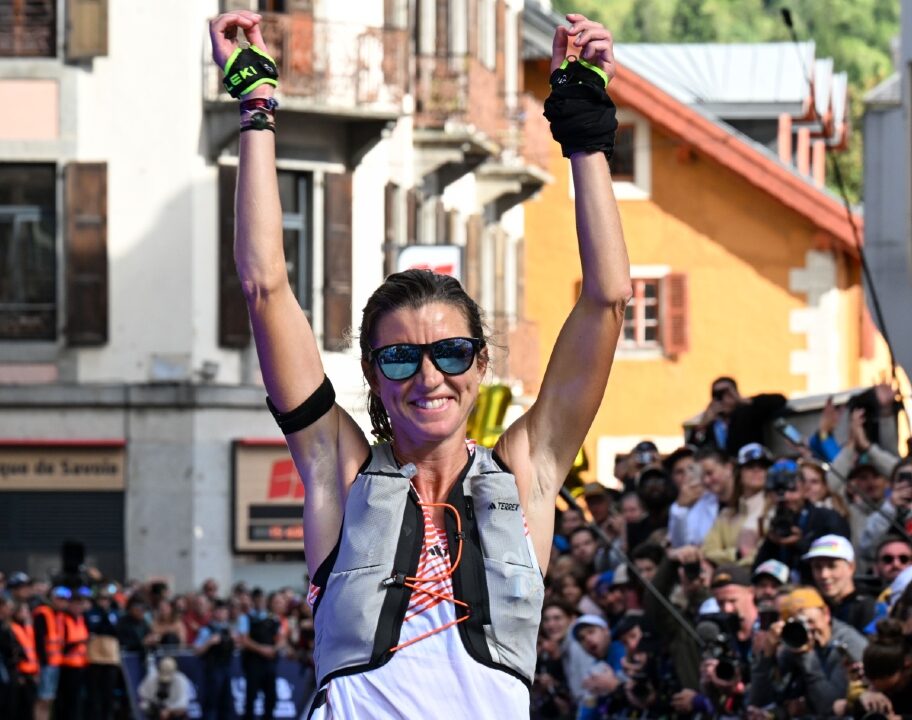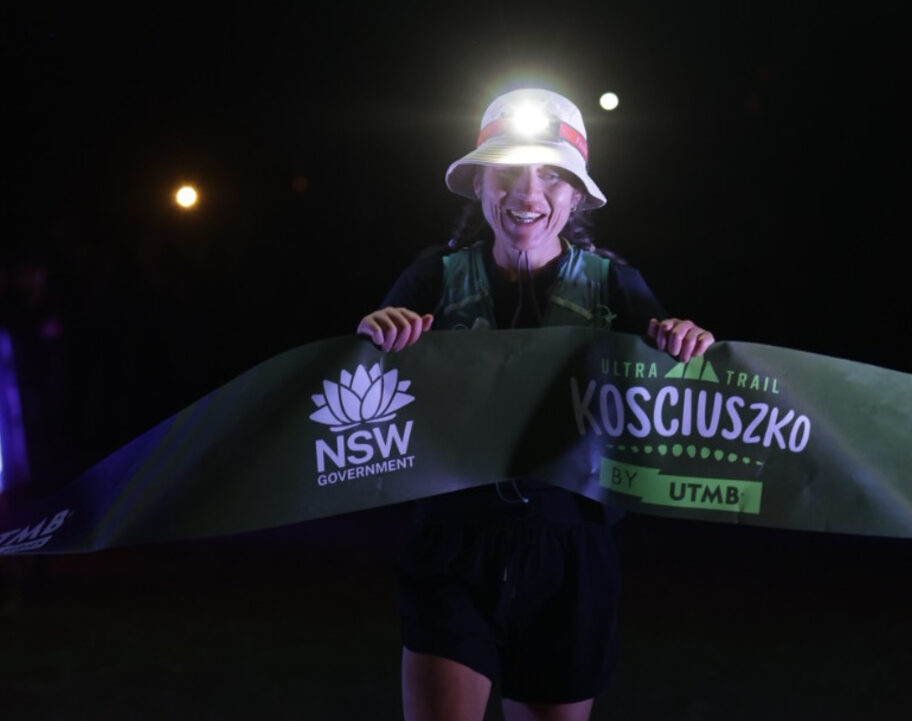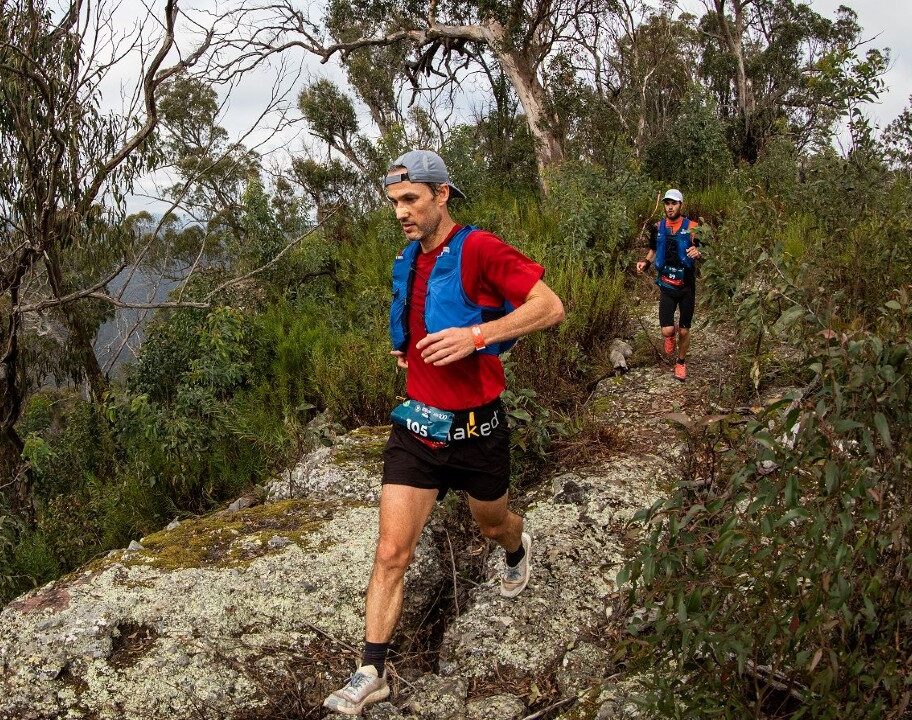This is the preview of the race – click on the names to read about incredible wins for Katie Schide and Vincent Bouillard.
The Ultra Trail du Mont Blanc (UTMB) is the world’s greatest trail race.
It is the centrepiece of a week-long event named after it, the UTMB World Series Finals. Based in Chamonix, France, it sees over 10,000 runners compete in eight different races, with OCC and CCC the next most prestigious.
A brutal 176km route, this iconic event takes in three countries on a journey around Mont Blanc and features 9,915 metres of climbing.
Last year was one for the ages as greats Jim Walmsley and Courtney Dauwalter claimed historic wins.
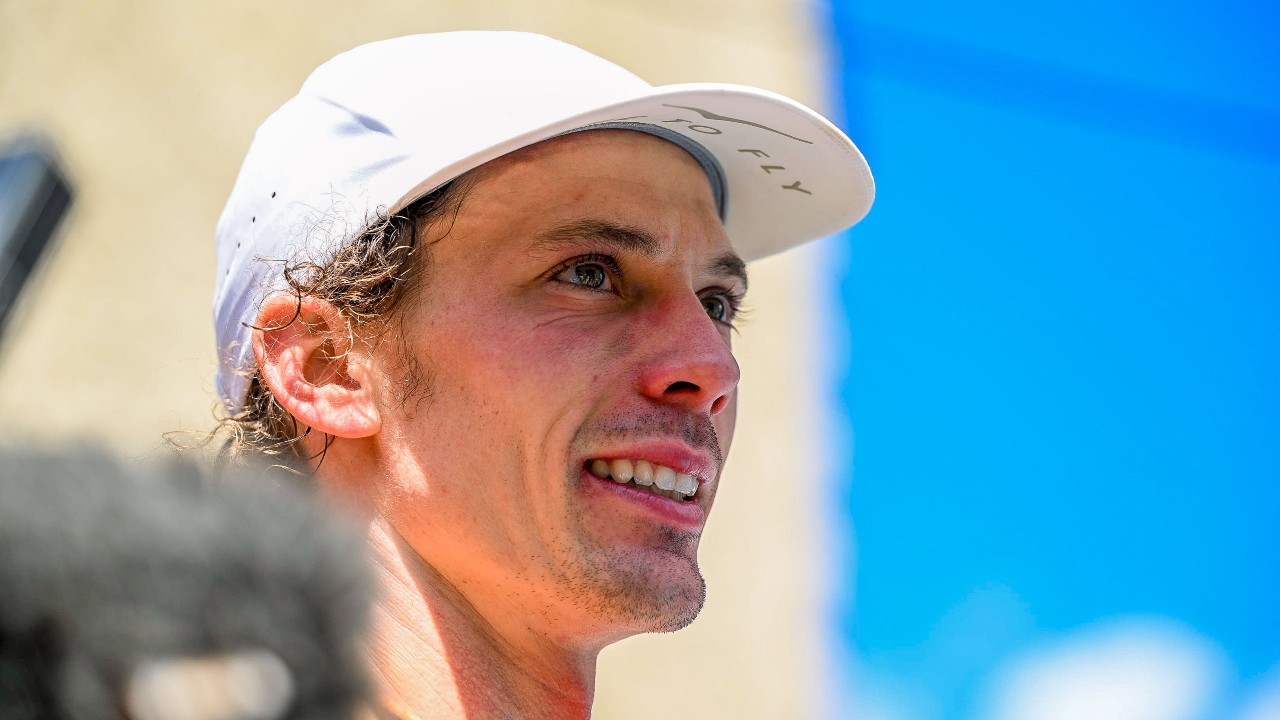
Follow live
There’s better coverage than ever this year of UTMB.
The coverage starts at 17:30 local (CET) time on Friday 30th August 2024, with the race itself getting under way at 18:00. That’s 17:00 in the UK and 12:00 Eastern Time.
New features include a new 3D interface that displays the real-time GPS positions of elite runners; the use of Starlink (a satellite internet provider) for exceptional course coverage and enhanced night tracking.
And for the first time, the UTMB night section will be covered non-stop, with special setups at the Courmayeur life base and the Arnouvaz aid station, including live links, expert commentary, interviews, behind-the-scenes insights, and more.
Click here to follow UTMB from start to finish.
There’s live streaming and live tracking available from that page – whether it’s the elites or friends and family you want to keep tabs on.
There are five different language options for the commentary and 15 webcams at various points around the course in addition to the live pictures.
You can also follow the event via major broadcasters such as La Chaîne L’Equipe, Outside TV, DAZN, EITB, and iQIYI Sports.
UTMB
start list
Click here for the full start list and check out the analysis section below for our run through the leading contenders.
Notable runners
Route
The UTMB is a 176km loop that takes runners through three countries; France, Switzerland and Italy.
The race begins in Chamonix and heads anticlockwise to Saint Gervais, Les Contamines and La Balme. Les Chapieux and Lac Combal are checkpoints five and six before the race descends to Courmayeur before climbing once more, eventually hitting Grand Col Ferret- the highest peak of the race at 2,537m.
The route continues via La Fouly and Triente, with the final checkpoint coming at La Flégère, 170km into this year’s course. From there it’s all downhill into Chamonix.
There are several key climbs and subsequent descents. The first comes around 10km in, when runners will climb to Col de Voza (1700m) around 13km in. After descending all the way down to Saint Gervais (22km), runners then begin a long climb to Croix du Bonhomme (2500m) 45km.
Other notable climbs include going from Cormayeur (83km) to the Cormayeur Refuge Bertone (88km) and the subsequent climb to Grand Col Ferret (106km), Champex-Lac (130km) to Le Giete (141km) and Trient (146km) to Les Tseppes (150km)- all of which have seen race-changing overtakes throughout the years.
There can be modifications to the route due to weather or route condition. Last year,at UTMB 2023, organisers took the decision to modify the route, changing the Col des Montets section. Runners instead headed via the Béchar and the Bois de la Trappe, a variation planned for bad weather conditions.
Analysis
Can Jim Walmsley become the first man since Kilian Jornet in 2011 to complete the Western States / UTMB double in the same season?
The American achieved a life aim last year when finally winning UTMB but the amount of meticulous preparation that went into that was staggering, including relocating to France for more than a year.
Things are different this time – and he’s spoken very openly about how it’s been such a limited window since his incredible, record-breaking WSER triumph.
And he’s up against two other previous winners – Ludovic Pommeret (2016) and Pau Capell (2019).
“The main goal of the year is set for Chamonix; I want it to be magical once again, and we are working hard towards that,” says Capell.
Throw in Mathieu Blanchard, only the second man to go under 20 hours when second to Jornet in 2022 and Brit Tom Evans, also a Western States winner and on the podium here in the past, and it’s clear this is a vintage edition.
It’s an all-star women’s field too, including French-based American Katie Schide, the 2022 winner, New Zealander Ruth Croft and China’s Fuzhao Xiang.
It seems a strange thing to say about someone who has already won UTMB but Schide seems on a higher level than ever this year.
Already in 2024 she has won Western States and the 100K at the HOKA Canyons Endurance Runs by UTMB.
So much so that she is creeping towards the sort of times the GOAT Courtney Dauwalter has been setting while raising the bar for everyone.
The big question, like Walmsley, is how much did Western States take out of her? No one will know better than Schide and she waited late before committing to a “second lap” of Mont Blanc.
Dauwalter did the double last year too – Schide now looks to follow in her footsteps.
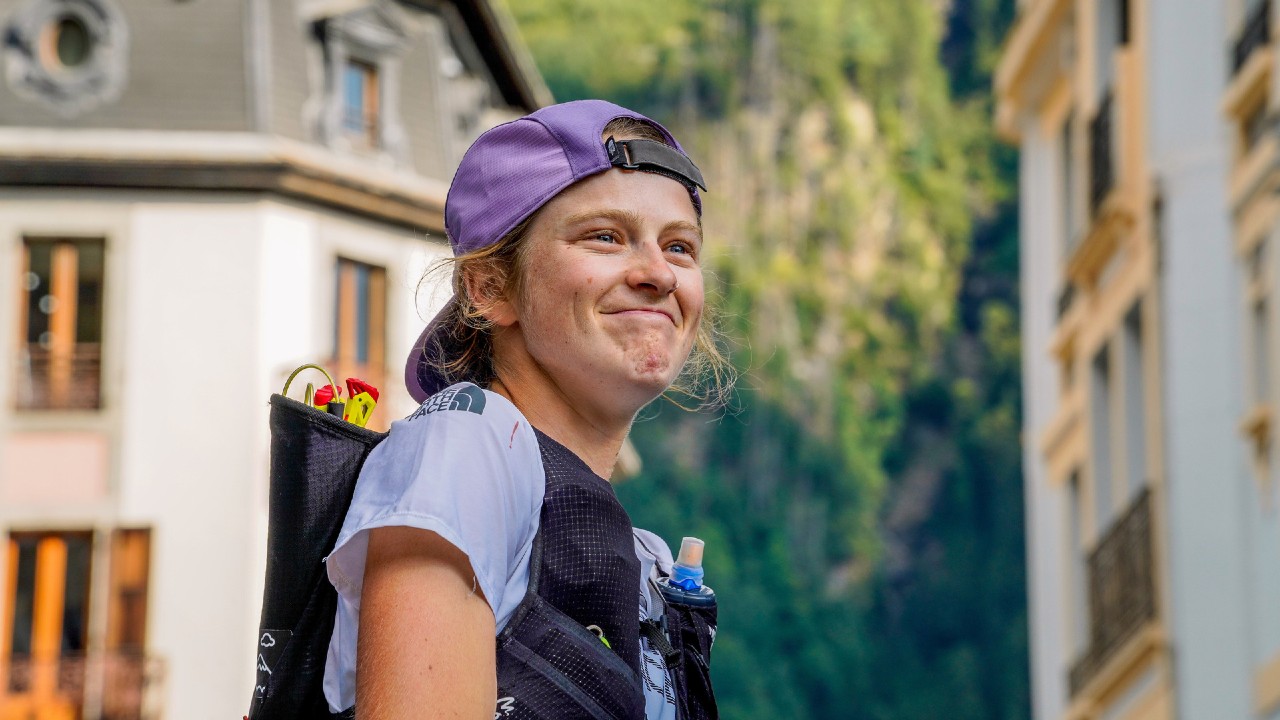
And there’s a big French hope in Blandine L’Hirondel, who finished third in 2023 and has a CV to rival pretty much anyone.
Previous winners
France’s Francois D’Haene and Spain’s Kilian Jornet are the most successful male runners in UTMB history with four wins apiece. Great Britain’s Lizzy Hawker is the most successful female runner, having won five times – in 2005, 2008, 2010, 2011 and 2012.
The records have tumbled in recent years too – Jornet became the first man to break the 20-hour barrier in 2022, quickly followed by runner-up Mathieu Blanchard, who is back this year.
As is Jim Walmsley who achieved his lifetime ambition when winning 12 months ago – in 19:37:43.
And on the women’s side it’s the incredible Courtney Dauwalter who, as ever, sets the benchmark with her 22:30:55.
Past winners (since 2010)
2010 – Men: Jez Bragg (GBR) 10:30:37. Women: Lizzy Hawker (GBR) 11:47:30*
2011 – Men: Kilian Jornet (SPA) 20:36:43. Women: Lizzy Hawker (GBR) 25:02:00
2012 – Men: Francois D’Haene (FRA) 20:34:57. Women: Lizzy Hawker (GBR) 12:32:13*
2013 – Men: Xavier Thevenard (FRA) 21:09:15. Women: Rory Bosio (USA) 22:37:26
2014 – Men: Francois D’Haene (FRA) 20:11:44. Women: Rory Bosio (USA) 23:23:20
2015 – Men: Xavier Thevenard (FRA) 21:09:15. Women: Nathalie Mauclair (FRA) 25:15:40
2016 – Men: Ludovic Pommeret (FRA) 22:00:2. Women: Caroline Chaverot (FRA) 25:15:40
2017 – Men: Francois D’Haene (FRA) 19:01:54. Women: Núria Picas (SPA) 25:46:43*
2018 – Men: Xavier Thevenard (FRA) 20:44:16. Women: Francesca Canepa (ITA) 26:03:48
2019 – Men: Pau Capell (SPA) 20:19:07. Women: Courtney Dauwalter (USA) 24:34:26
2020 – Postponed due to Covid-19
2021 – Men: Francois D’Haene (FRA) 20:46:00. Women: Courtney Dauwalter (USA) 22:30:55
2022 – Men: Kilian Jornet (SPA) 19:49:30. Women: Katie Schide (USA) 23:15:12
2023 – Men: Jim Walmsley (USA) 19:37:43 Women: Courtney Dauwalter (USA) 23:29:14
* Courses shortened due to poor weather
Past winners
Tab 2 content.


